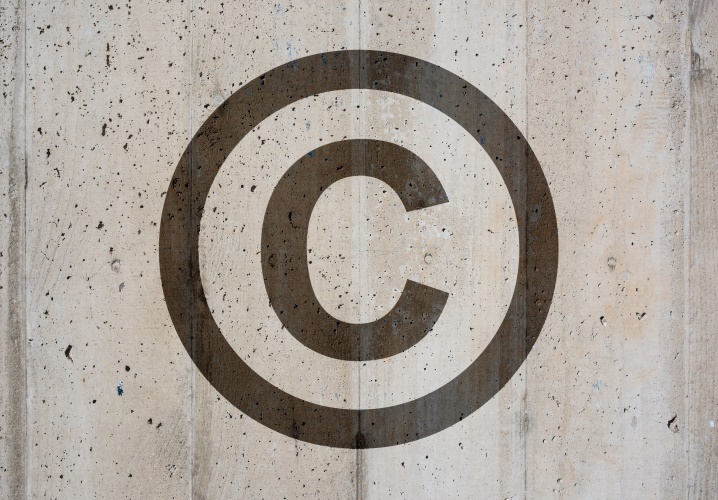As the “world’s most authoritative source for movie, TV and celebrity information”, getting the right credit on IMDb is important to the celebrity career. After her success in obtaining recognition for her contribution to the screenplay of the blockbuster comedy Florence Foster Jenkins, opera singer Julia Kogan has been back to court to secure the right credit on IMDb[i].
A 20% share in the copyright
In November 2019 a leading decision by the English Court of Appeal held that input of the kind made by Ms Jenkins could qualify for an interest in the copyright. This included contributions to the shaping of Foster Jenkins’ character and to the plot of the screenplay but, controversially, did not include writing many of the actual words. See our previous article here. Following on from this decision the High Court (Intellectual Property Enterprise Court) confirmed that Ms Jenkins had in fact done enough to qualify for copyright in the screenplay and quantified her share at 20%.
The right credit
The type of credit an author can obtain on IMDb, and which will appear on screen, was described by the High Court Judge (Mr Justice Meade) as “multiple choice”. He regretted that it was not possible to capture all the nuances of his judgment, but thought that the labels available on IMDb could be reasonably accurate. Importantly, he rejected the suggestion that a contribution of 20% was too little to get “screenplay by” or “written by” and confirmed that it was possible for more than one person to have “written by”. Although “written by” might at first glance seem to be wrong in a situation where very few words had been written, it was nevertheless fair as in this context it served to indicate authorship. So the right entry under the heading of “Writing Credits” was
Nicholas Martin … (written by)
Julia Kogan … (written by) (originally uncredited).
The reference to “originally uncredited” refers to the fact that Ms Kogan’s name does not appear on the film itself as this was completed before the judgment on copyright.
An unprecedented decision
Mr Justice Mead commented that so far as he knew his task in setting the credit was unprecedented and he did not purport to create a general legal principle. However, the decision shows that the court is willing to decide on the question of the correct credit, once again an example of the English court being willing to take a practical, commercial approach.
[i] Martin and another v Kogan and others [2021] EWHC 1242 (IPEC) (19 may 2021)

 Tom Lingard
Tom Lingard